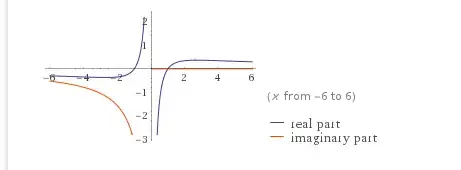if $a^b=b^a, 0<b<a$ then $ab$ and $e^2$ which is bigger?
I try $$b^a=a^b\Longrightarrow a\ln{b}=b\log{a}\Longrightarrow \dfrac{\ln{a}}{a}=\dfrac{\ln{b}}{b}$$,where $\ln{x}=\log{x}=\log_{e}{x}$
consider the function $$f(x)=\dfrac{\ln{x}}{x},x>0,\Longrightarrow f'(x)=\dfrac{1-\ln{x}}{x^2},x>0$$if $f'(x)=0$,then $x=e$.
